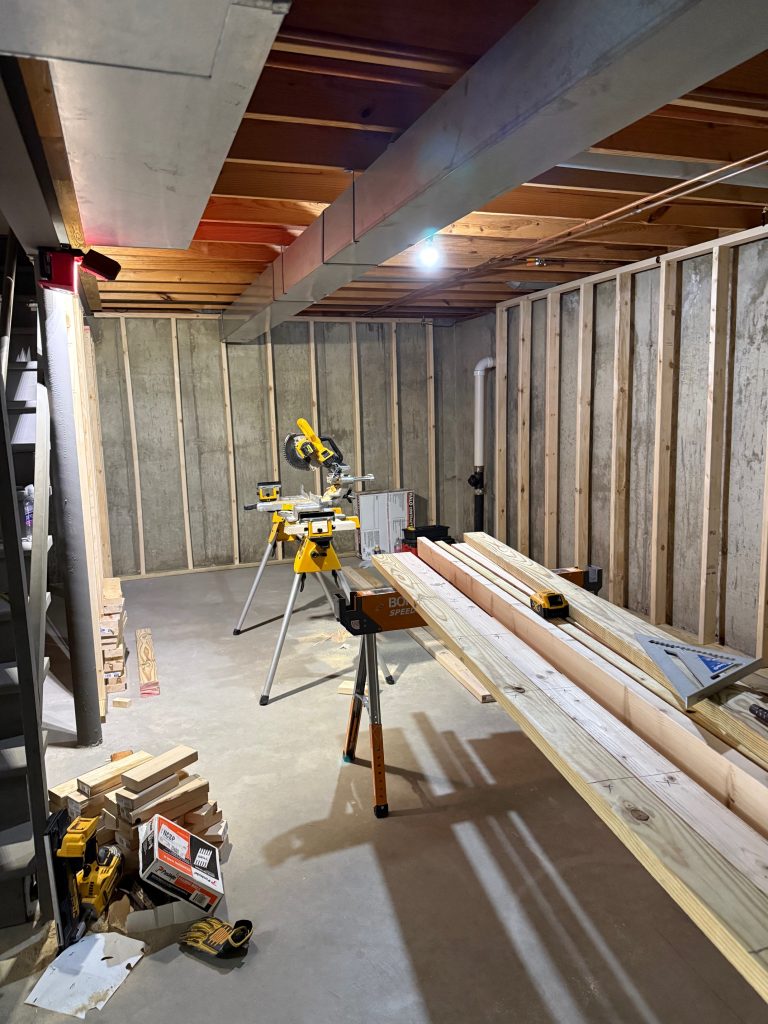
In today’s rapidly evolving world, the construction industry plays a pivotal role in shaping our cities and infrastructure. From innovative materials to sustainable practices, the modern builder must navigate a landscape that demands both efficiency and environmental consciousness. This article explores essential considerations and practices in contemporary construction, highlighting trends that are shaping the future of the industry.
1. Sustainable Materials and Practices
The shift towards sustainability has revolutionized construction practices. Builders are increasingly turning to eco-friendly materials such as recycled steel, engineered wood, and sustainable concrete mixes that reduce carbon emissions. Designing energy-efficient buildings through enhanced insulation, smart HVAC systems, and energy-efficient lighting not only lowers operational costs but also minimizes environmental impact.
2. Advanced Construction Technologies
Technological advancements have transformed the construction process, enhancing efficiency and precision. Building Information Modeling (BIM) allows for detailed digital representations of projects, facilitating better collaboration and reducing errors. Robotics and automated machinery are increasingly used for tasks ranging from bricklaying to site logistics, improving productivity and safety on construction sites.
3. Modular and Prefabricated Construction
Prefabrication and modular construction techniques are gaining popularity due to their ability to reduce construction timelines and minimize waste. Off-site fabrication of building components ensures quality control and simplifies on-site assembly. This approach is particularly beneficial in urban areas where space and time are limited, allowing for faster project completion without compromising quality.
4. Resilient and Adaptive Design
Climate change has underscored the importance of resilient design in construction. Buildings must withstand increasingly severe weather events while remaining functional and safe. Architects and engineers are integrating resilient design principles such as elevated foundations, flood-resistant materials, and efficient drainage systems to mitigate risks and ensure longevity.
5. Embracing Technological Integration
The integration of technology into construction processes is essential for optimizing project management and enhancing efficiency. Cloud-based project management systems streamline communication among stakeholders, while drones and sensors provide real-time data for site monitoring and safety inspections. Augmented Reality (AR) and Virtual Reality (VR) are also transforming design visualization and client presentations, offering immersive experiences that improve decision-making.
6. Focus on Safety and Workforce Development
Ensuring safety remains paramount in construction. Adopting advanced safety protocols, providing comprehensive training, and leveraging wearable technology are crucial steps in safeguarding workers on-site. Moreover, investing in workforce development through training programs and apprenticeships ensures that the industry attracts skilled professionals capable of meeting future demands.
The construction industry is undergoing a profound transformation driven by technological innovation, sustainability imperatives, and a focus on resilience. Embracing these trends not only enhances efficiency and profitability but also promotes environmental stewardship and community resilience. By integrating advanced technologies, sustainable practices, and resilient design principles, builders can construct a future where infrastructure meets the needs of society while minimizing environmental impact.
As we look ahead, the evolution of construction practices will continue to shape our built environment, paving the way for smarter, greener, and more resilient cities. Embracing these principles ensures that construction remains at the forefront of innovation, building a sustainable future for generations to come.
Cedar Hill St. Louis Jefferson County Olivette Kirkwood Ballwin Arnold Franklin County St Charles County Fenton High Ridge Dittmer Creve Coeur
